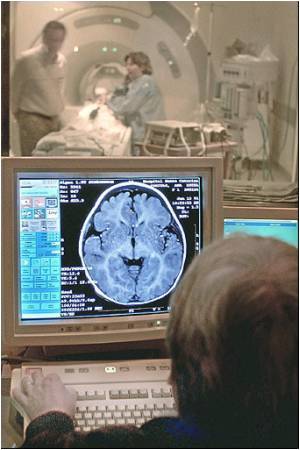Stress hormone cortisol enhances the affects of memories during the reconsolidation process - the consolidation of memories occurring after memory retrieval.

"The results may explain why certain undesirable memories don’t fade, for example in anxiety and PTSD sufferers," said Oliver Wolf from Ruhr University Bochum, Germany.
Studies have shown that the stress hormone cortisol has a strengthening impact on the consolidation of memories. The researchers from Bochum have demonstrated that cortisol effects memories in humans also during the so-called reconsolidation, that is, the consolidation of memories occurring after memory retrieval. The stress hormone can enhance this process.
They suggest that the results might explain the persistence of strong emotional memories occurring in anxiety and Post-Traumatic Stress Disorder (PTSD).
Strong memories of stressful experiences occur frequently, but they usually fade away over time. People suffering from anxiety or Post-Traumatic Stress Disorder, however, are affected by terrifying memories that haunt them again and again.
In the study, the subjects on the first day learned an association between specific geometric shapes and an unpleasant electric shock.
Advertisement
Subsequently, they were shown one of the geometric shapes associated with the electric shock. On the third day, the memory for the geometric shapes was tested.
Advertisement
This was evident in a heightened skin conductance, which is an established measure for emotional arousal.
The study appeared in the journal Neuropsychopharmacology.
Source-IANS









